
Do readers care about what happens to your character? Are they invested in their journey? How can we keep the reader with us for 300-plus pages?
Here are three tips I’ve picked up which can be applied on the level of the whole novel, or at chapter/scene level:
- Pose a ‘Will they or won’t they?’ question
You may have heard this phrase applied to love stories, but it applies to other genres too.
Thriller (big picture) – will the protagonist survive? Will they manage to save the day?
Example: Will Jack Reacher uncover the truth behind the killings/conspiracy?
Thriller (chapter/scene level) – will the protagonist overcome the current obstacle?
Example: Will Jason Bourne manage to escape from the Swiss bank?
- …therefore…but
This strategy provides a reason for your character’s choice/action but then throws a spanner in the works. It creates uncertainty about the outcome in the reader’s mind, which makes them turn to the next page.
Big Picture example: Frodo inherits a dangerously powerful ring, therefore he embarks on a perilous journey to destroy it in the fires of Mount Doon, but along the way he must face numerous obstacles.
Chapter/scene-level example: Draco steals Neville’s Remembrall and flies off on his broomstick, therefore Harry chases him, but Draco hurls it away. Harry is desperate to catch the Remembrall, therefore he zooms after it and succeeds, but is spotted by Professor McGonagall. Harry expects to be punished, therefore he’s shocked when the Professor announces that he’s to be Gryffindor’s new Seeker, but Draco is displeased and challenges Harry to a duel…
- Unfortunately, fortunately
This little mantra ensures that your character’s fortunes keep rising and falling. You may remember the following from my previous post, ‘Plotting’:
“The authors analysed the vocabulary of bestsellers, focusing on the words used to describe characters’ internal states (‘good’ times versus ‘bad’ times resulting from events). They concluded that a key commonality was regular reversals of fortune where turning points force the character to mobilise at the greatest points of conflict, make choices and risk something by making that choice.”
Example: Unfortunately, Elizabeth Bennett needs to marry for money. Fortunately, she encounters the rich Mr. Darcy. Unfortunately, they dislike each other. Fortunately, they get thrown together regularly, and Darcy eventually proposes. Unfortunately, he does so in such a way that Elizabeth rejects him etc etc etc.
Experience
I’d never thought of writing with these tips in mind, but I think a lot of writers have subconsciously absorbed these concepts by osmosis through prolific reading. Looking back at my novels, they do have a rise and fall pattern of fortune, but perhaps not enough reversals of this in some sections of the text. I’ll definitely be thinking more consciously about this in future drafts and in the editing process.
Final Thoughts
What are your strategies for keeping the reader turning the page?
What ‘will they/won’t they’ questions have you used in your novel (big picture or at the chapter/scene level)?
Have you used ‘therefore…but’ or ‘Unfortunately, fortunately’ scenarios throughout your novel? Examples welcome!
Structuring Scenes
How to craft scenes with purpose
I watched another excellent webinar recently. The content was helpful as both a planning tool and as an editing tool. Scene structure mimics story structure, but on a…
On The Honest Authors’ podcast, Gillian McAllister once mentioned that she was asked, “Do you really think that?” about something controversial she’d written in one of her novels….
Bear With Me! Okay, this is probably a weird analogy but this is how my (bird-brained!) mind works. So, in terms of the title question, I’ve thought long…


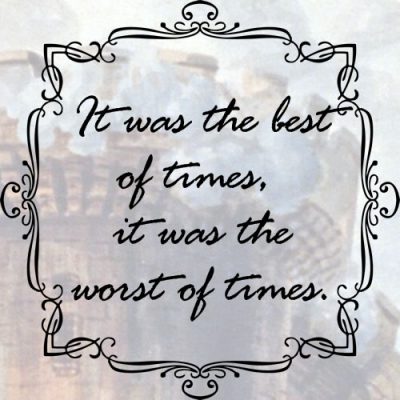


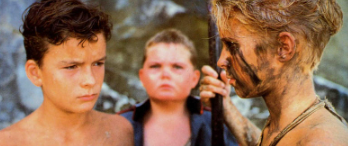
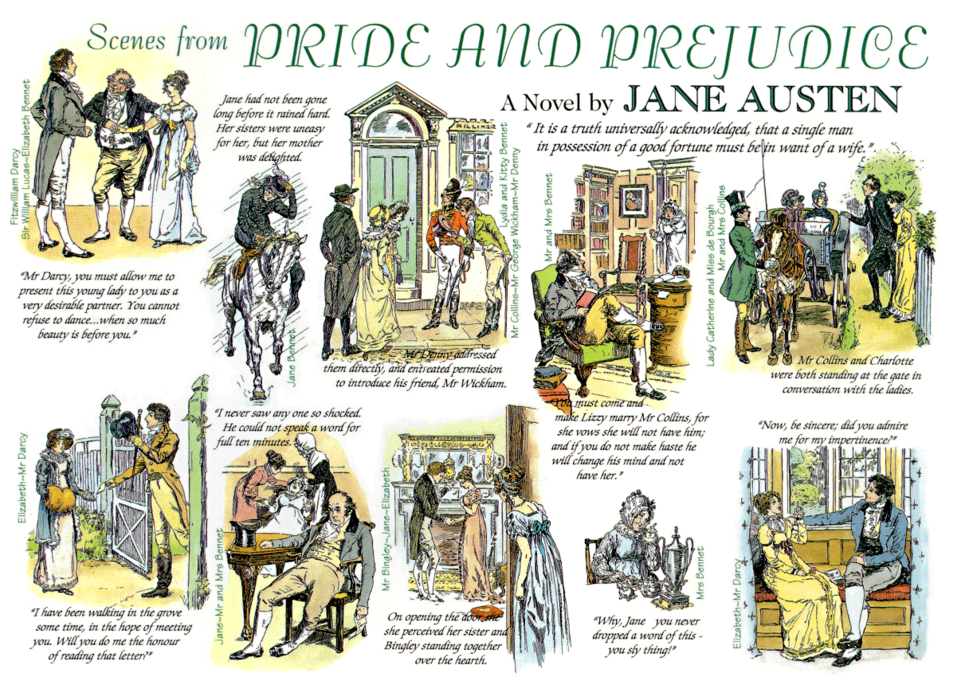
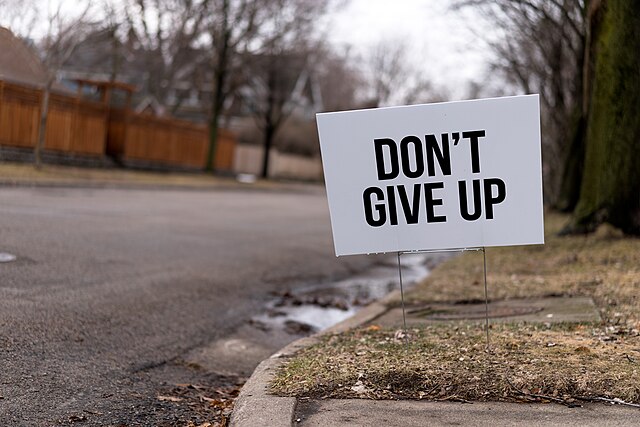
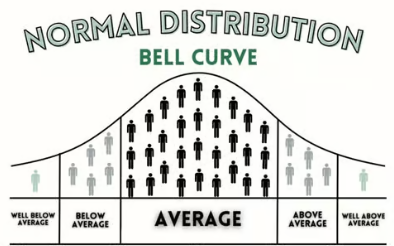
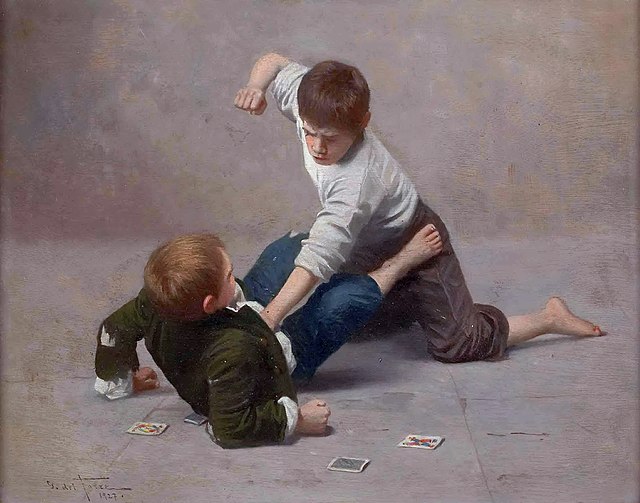






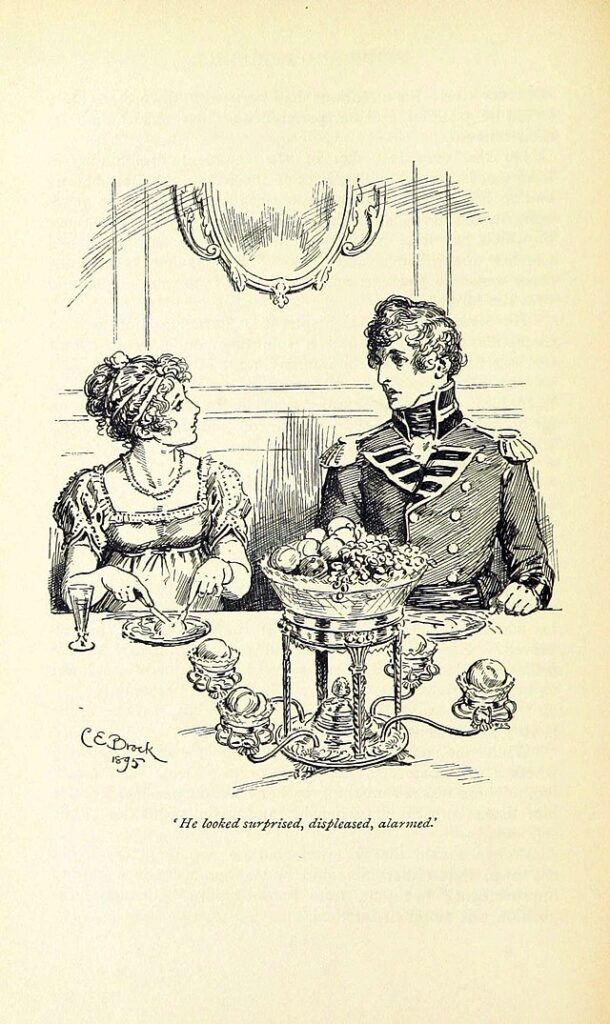




Thanks for another enlightening post, Claire. I think you’re right about writers doing this subconsciously. That’s how it was with me at least at first. I’m more aware these days. Now that I’m working on short fiction, I need to focus more on narrative tension. Somehow it’s more difficult but… Read more »
Fast-paced narrative tension is ALL for me. Another fascinating piece. You should look to put all these writing insights together with a view to try to get them published.
Solid advice here, thanks for sharing 🙂 I’ve got a chapter I can apply this to right now… Awesome!